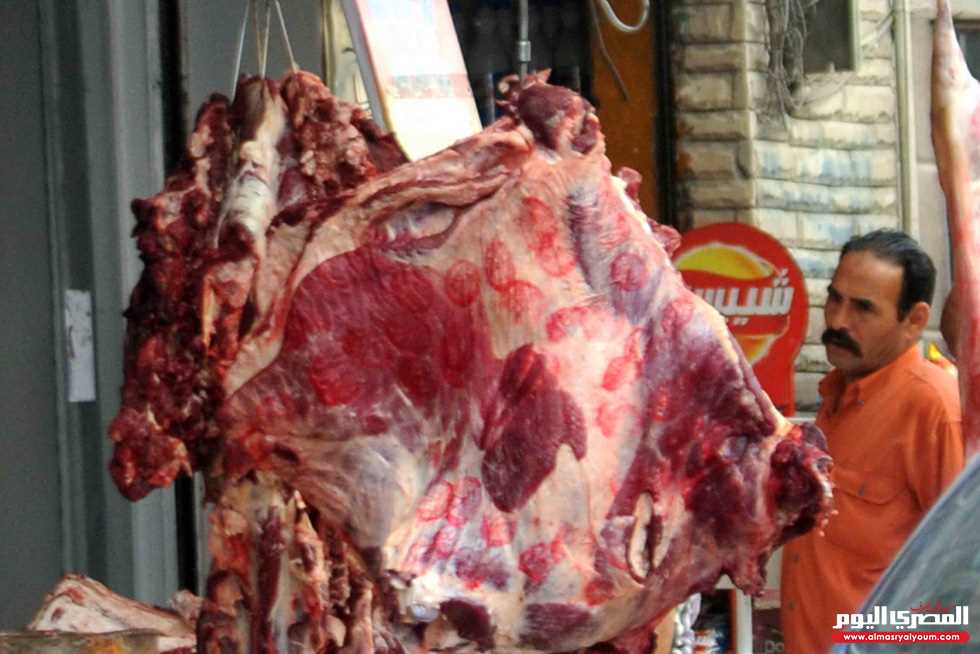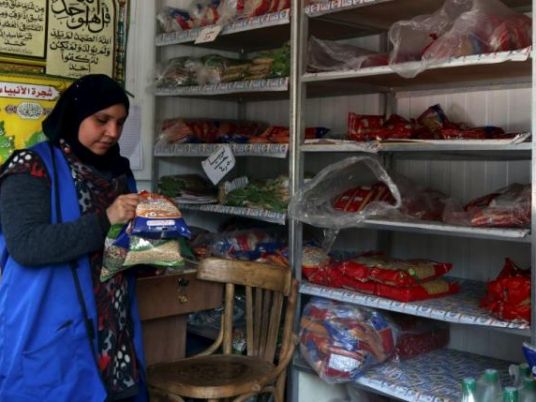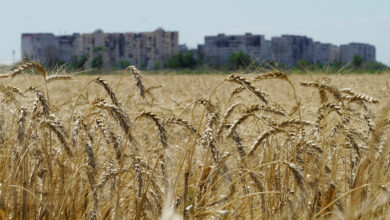In Cairo, urban agriculture is growing in popularity as more and more people strive to adopt more eco-friendly approaches to the environment and encourage the decentralization of the community’s reliance on farming corporations.
Many academics and supporters are championing methodologies by hosting workshops in which attendees can learn how to set up small urban gardens and make use of their personal spaces – rooftops, balconies and private gardens.
One of the biggest difficulties, however, is the lack of facilities for supporters and practitioners to communicate with each other on a continual basis.
In an attempt to bridge this gap, the Food Sovereignty Project website has recently been launched to offer a platform where users can blog about their experiences and meet others involved in urban agriculture in the community.
The site was conceived by four environmentally-passionate friends – Pamela Labib, Sumaya Holdijk, Bassem Khalifa and Dalia Abu Fotouh – after food security concerns began to surface during the revolution.
The website is still in its beta phase, but after its full launch in August 2011 it will be known as Ezra3 (Grow).
“What we did was research various urban agriculture projects and try to figure out what keeps preventing them from becoming fully realized in the community,” says Labib. “What we found was that many attempts never got past the pilot stages, and that was usually because after workshops or lectures, momentum would instantly start to fade."
The website acts as a central network for users to connect to each other through “Food Journals.” In these journals, practitioners of urban agriculture can share photos of progress, problems faced and tips, as well as plan to meet physically to share spaces, materials and produce.
“Our belief is that formal knowledge is only a small part of the success of urban agriculture,” says Labib. “After that, the continued sharing of knowledge and progress is essential.”
During the soft launch phase up until August 2011, it is intended that ten urban agriculture projects will be fully realized so as to maintain control over the framework of the concept and minimize glitches. Then the site will be fully advertised in various universities and communal locations.
“For two years I desired to start my own private urban agriculture in my garden,” says Mariam Ali, one of the first users involved in the initiative. “When I heard about the site, it really inspired me to start and get on with it because I felt I wasn’t alone. It also just makes life so much easier because there is so much uncertainty concerning what to do during the early stages of construction."
Ali is three months into her home garden at her residence, where she grows carrots, tomatoes, eggplants, spinach, lettuce, zucchini, okra and molokheya, as well as some vertical plant walls.
The site puts a strong emphasis on purely organic setups, but everyone will be welcome as the founders refuse to “isolate anybody who already has such good intentions.”
Labib’s private rooftop in Mohandessin is also going to serve as a pilot location for one of Cairo’s first permacultures – self-sustaining environmental systems.
Similarly, South African permaculture specialist Dominique De Bruin held the second lesson of his weekly workshop on permacultures last Friday on the rooftop of the small art gallery Artellewa, located in the popular neighborhood of Ard al-Lewa in northwest Giza.
De Bruin has been studying, practicing and delivering permaculture solutions to various communities around the world. Permaculture is a design methodology applied to create sustainable ecosystems for human use and habitation. It looks at sustainable buildings, energy and green architecture along with the correct use of water and clean energy systems. For instance, it tries not to break the cycles of nature by using natural fertilization processes.
The second session was an introduction to the principles of permaculture in preparation for a practical session on 8 July from 4:30 pm to 6.30 pm.
“Permaculturists redesign any system to make it sustainable and to make it work with nature,” De Bruin explains. “We want to develop permaculture in Cairo by looking at individuals and groups interested in these systems.”
De Bruin insisted on the simple possibilities that exist to utilize and maximize vertical space, and how a rooftop can become covered with plants. He explained that a design process is essential in the creation of a rooftop garden because it greatly helps save money and facilitate post-construction work.
In addition, considering sources of light and shade on a rooftop and choosing the right plants that can harvest the right produce are crucial.




